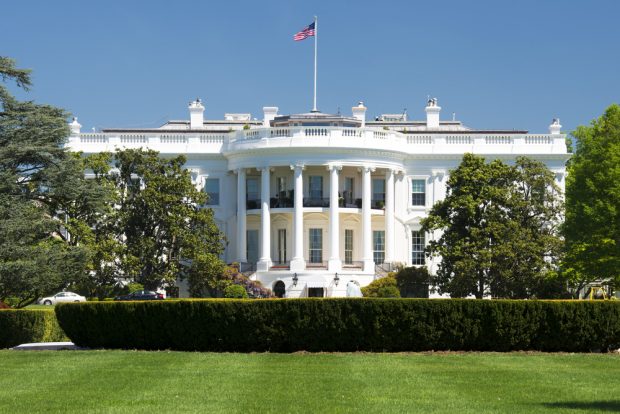 The resolution now heads to the White House and is expected to be signed by President Trump.
The resolution now heads to the White House and is expected to be signed by President Trump.
The House on Tuesday gave final approval to a resolution that would nullify indirect auto sales guidance issued by the CFPB—a move that could have an impact on the way agencies issue directives.
The House passed the resolution, 234-175. The Senate already has passed it; the resolution now goes to President Trump, who has said he will sign it.
Recommended For You
The CFPB guidance stated that auto dealers who participate in indirect lending must comply with the Equal Credit Opportunity Act when marking up interest rates. The agency said at the time that research indicated that indirect auto lending practices may lead to African Americans and Hispanics being charged higher interest rates than white consumers.
When it was issued, credit union and auto sales groups questioned the methodology of the CFPB analysis and questioned the process the CFPB used in developing the guidance.
As guidance, the agency argued that the documents did not have to go through the formal regulatory process, which includes opening rules to public comment.
Sen. Pat Toomey (R-Pa.) disputed that interpretation and asked the Government Accountability Office to determine whether the agency properly issued the guidance. The GAO said the document should have gone through the regulatory process.
That allowed Republicans on Capitol Hill to try to nullify the guidance under the Congressional Review Act. The GAO ruling and the congressional move could conceivably open other guidance to a challenge by the House and Senate.
The bureau issued guidance because it was the only way the agency could have an impact in indirect auto lending, House Financial Services Chairman Jeb Hensarling (R-Texas) said during floor debate on the resolution Tuesday.
"There were several different problems with this approach, not the least of which is at section 1029 of Dodd-Frank, which forbids the Bureau from regulating auto dealers," Hensarling said.
However, House Financial Services ranking Democrat Maxine Waters of California saw a more sinister motive.
"This resolution is one part of a widespread Republican effort to make it more difficult to hold financial institutions accountable," she said. "The Consumer Bureau's 2013 guidance on indirect auto lending was issued to provide clarity to indirect auto lenders and protect auto loan borrowers from discrimination.
Credit union trade groups said they were pleased with the House action.
"As member-owned financial cooperatives, small credit unions are harmed most by poorly tailored rules and policymaking," said CUNA President/CEO Jim Nussle. "Bureau bulletins should be subject to the CRA as it has been a successful tool in combating unnecessary regulatory burdens for credit unions."
"As we noted when the CFPB's indirect auto lending guidance was issued in 2013, NAFCU supports fair lending and opposes discrimination," said NAFCU Vice President of Legislative Affairs Brad Thaler. "We believe, however, that the CFPB's use of guidance in this matter to create additional requirements for indirect auto lending was troubling and warranted additional scrutiny."
© 2025 ALM Global, LLC, All Rights Reserved. Request academic re-use from www.copyright.com. All other uses, submit a request to [email protected]. For more information visit Asset & Logo Licensing.







